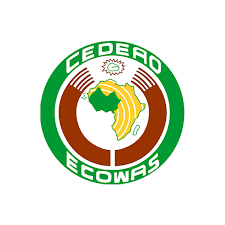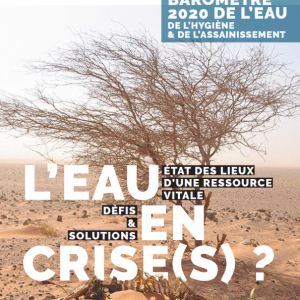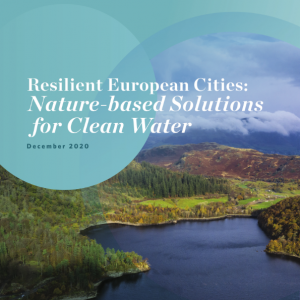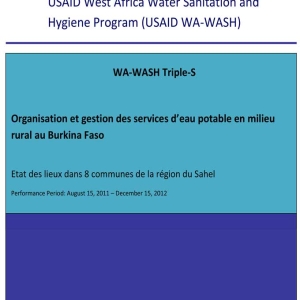Description
WEST AFRICA WATER RESOURCES POLICY
Poverty in all its forms is the major challenge facing West African countries. Indeed, the
fifteen ECOWAS countries rank among the poorest in the world. To take up this challenge,
the countries are implementing policies and strategies in order to accelerate growth and
reduce poverty according to the ECOWAS vision and the West African vision for water, life
and the environment for 2025.
Water is a key factor in socio economic development. Access to water and sanitation, increase in agricultural productivity, pollution control, integrated trans-boundary basin management and development of water infrastructure are indeed key factors in poverty alleviation campaign. West Africa has significant water resources, but suffers from chronic deficits, because of uneven distribution of rainfall and flows in time and space, low mobilization of potential resources and poor management of existing resources.
Water resources management covers various and complex issues such as responding to the people’s fundamental needs, anticipating crises and protecting the resource, participation, cost recovery, rapid population growth, increase in environmental degradation and pollution, and threat of a reducing resource. These require the adoption of an integrated management approach, taking account of all the uses of water and involving all the actors concerned.
Interactions are complex between water policy and economic, sector-based, environmental policies, and all those policies are not necessarily consistent.
With the setting up of the Permanent Framework of Coordination and Monitoring of integrated water resources management, the ECOWAS, in collaboration with the UEMOA,
and in consultation with all the stakeholders, intends to harmonize and integrate those various policies and to define a water policy framework in West Africa in order to reconcile economic rationality and social equity, economic development and environmental protection.
This regional policy document was prepared in a participatory way1: based on individual country water resources mapping and their management framework. A task force was set up to draft a preliminary document, with representatives of sub regional organizations involved in water resources management in West Africa (UEMOA, CILSS)2, resource persons recognized for their competence and their authority as regards water management and a team of the ECOWAS Water Resources Coordination Unit. This document was shared with the ECOWAS Regional Collaborative Council on water resources and was discussed in the member states. This process generated a document reflecting regional consensus, which has been validated by the ECOWAS Council of Ministers of water, 15 November 2007.
This document presents the vision, the challenges of a regional water policy, its objectives, guiding principles, main strategic areas of intervention, and the implementation details.







 AAEA
AAEA AAEA
AAEA
Reviews
There are no reviews yet.